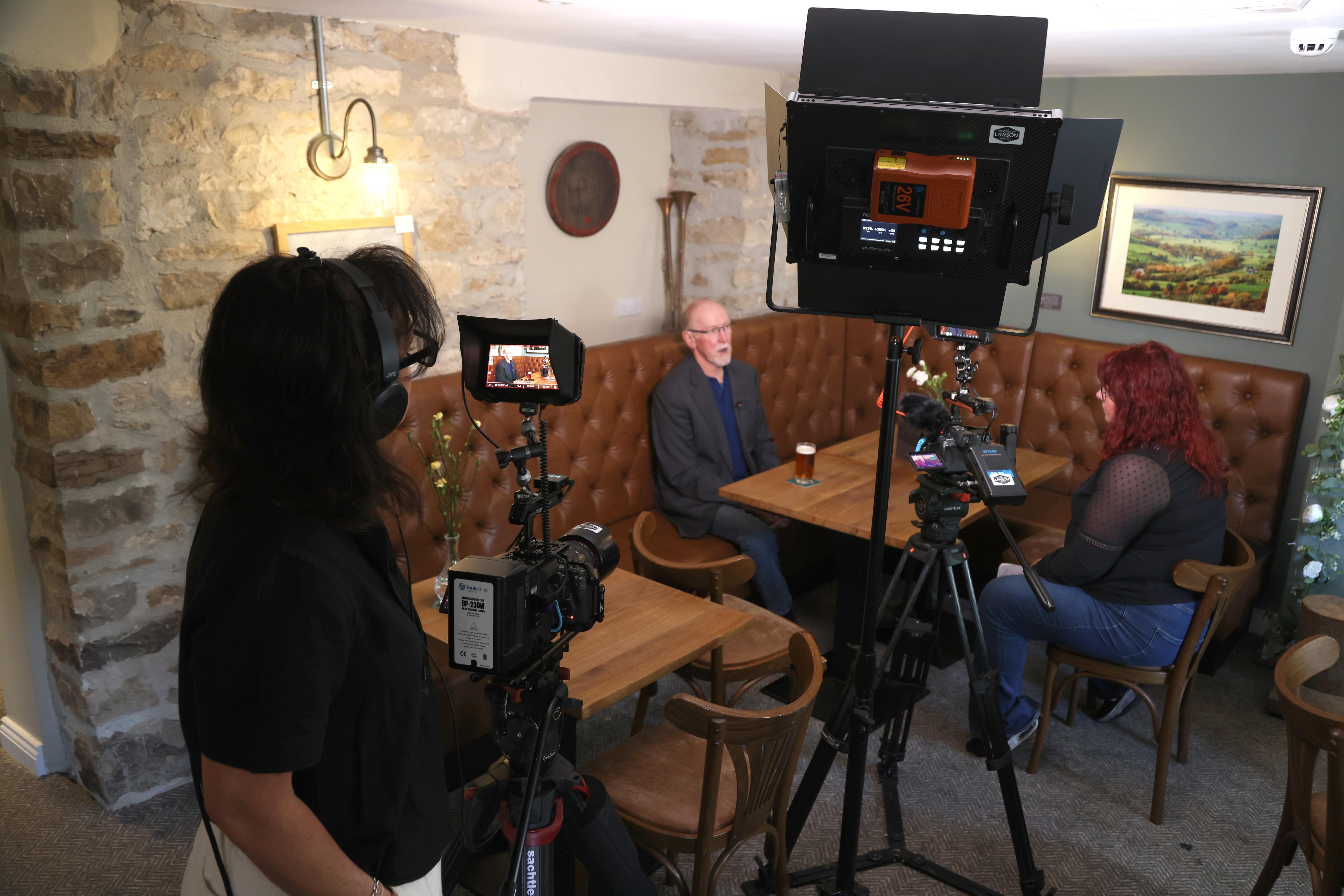According to the GO Technology: The Social Value of Hospitality report, based on a survey of 5,000 British adults, 69% of consumers say hospitality plays an important role in their communities, while 74% believe the industry deserves more support from the government.
Two thirds said eating and drinking out is as important to their social lives as it was a year ago, demonstrating the continued relevance of these spaces despite the cost-of-living crisis.
Pubs matter most
When asked to name a local business that holds personal significance, 66% of people chose a hospitality venue, and pubs topped the list. 22% of respondents selected their local pub as the business that matters most to them, while 15% chose a restaurant and 12% selected a cafe.
In June, the Campaign For Real Ale (CAMRA) launched a documentary celebrating communities who had banded together to save their pubs.
At the time, CAMRA campaigns and communications manager for Learn and Discover Alex Metcalfe said: “Pubs are more than a place to enjoy cask beer and real cider and perry, they are social hubs for the local community, bringing people together to help tackle loneliness and social isolation. In many areas, pubs provide the last remaining public communal space, allowing friends and families to meet and feel part of a greater community.”
Further research published by Pub is The Hub in September reinforced these findings, putting a figure on the social value that pubs bring to their local areas. The ‘Pub is The Hub: Social Value’ report found that for every £1 invested in pub-based services and activities, an average of £8.28 of social value is created.
The evaluation, conducted by Cornwall Rural Community Charity, revealed that these initiatives, such as village stores, community cafés, allotments and local events, significantly reduce social isolation, improve mental health and strengthen community resilience. It concluded that diversified, pub-led services have a lasting positive impact on local well-being and help replace lost amenities in rural and deprived areas.
‘Overcome social isolation’
Pub is The Hub chief executive John Longden OBE said the findings highlight the crucial social role of publicans and their pubs in “supporting local communities and helping people to overcome social isolation and alleviate feelings of loneliness”. He added: “They have a significant social value beyond economic impact and are crucial in bringing people together.”
Factors such as being independent, welcoming and home to shared traditions were identified among the top reasons people form strong attachments to their favourite venues.
Business unit director for hospitality operators and food at CGA by NIQ, Karl Chessell, said the research “makes it very clear that pubs, bars and restaurants have a very special role in people’s lives” and warned that this social value is being compromised by “the soaring costs of doing business.”
The findings reflect how some operators are at the centre of community life. Publicans host charity fundraisers, quiz nights and local sports teams to maintain footfall and connection during challenging trading conditions.
A report by thinktank Localis last year called on the government to recognise the civic and economic importance of pubs, particularly in rural and coastal areas where they often double as social hubs and service providers.
In rural locations, where closures have accelerated and alternative spaces are limited, just 21% of residents said their high street has improved in the past year, compared with 62% in urban areas. With continued cost pressures, energy bills and staff shortages, operators are balancing rising expectations from communities with the realities of a tight trading environment.
In May, British Institute of Innkeeping CEO Steve Alton wrote for the Morning Advertiser (MA) that “pubs are so much more than a pint at the bar. They are places of connection, careers and community. They bring people together in ways few other spaces can and particularly in recent times, they are the lifeblood of towns and high streets across the country.”
“They are also powerful drivers of the economy—supporting nearly 1,000,000 jobs, many of them skilled, long-term careers with genuine progression for people of all ages, qualification levels and backgrounds,“ Atlon said. ”Our members provide not just employment, but opportunity—offering young people apprenticeships, training and leadership roles in an industry that values people and passion.
‘More than a drink’
Zonal’s CCO Tim Chapman said the findings show hospitality “offers so much more than just a plate of food and something to drink.” He added: “The majority of people are still prioritising going out, even as the cost-of-living crisis continues to bite, which clearly demonstrates the true value of the hospitality sector.”
UKHospitality chief executive Allen Simpson added: “Hospitality is more than just a business – it’s a vital part of our communities, our social lives, and our high streets. The public is clear: hospitality deserves greater backing, and with the right action from the government, we can unlock its full potential to regenerate high streets and strengthen communities nationwide.”
The research also highlights an emotional connection that continues to set hospitality apart from other sectors. The familiar faces, shared experiences and sense of belonging found in pubs and bars remain a cornerstone of British social life, even as consumer habits evolve and spending is squeezed.
With consumers continuing to see pubs as essential spaces for connection, the message from the data is clear: hospitality venues are not only part of the economy, but the fabric of local life. Supporting them means safeguarding the communities they hold together.




